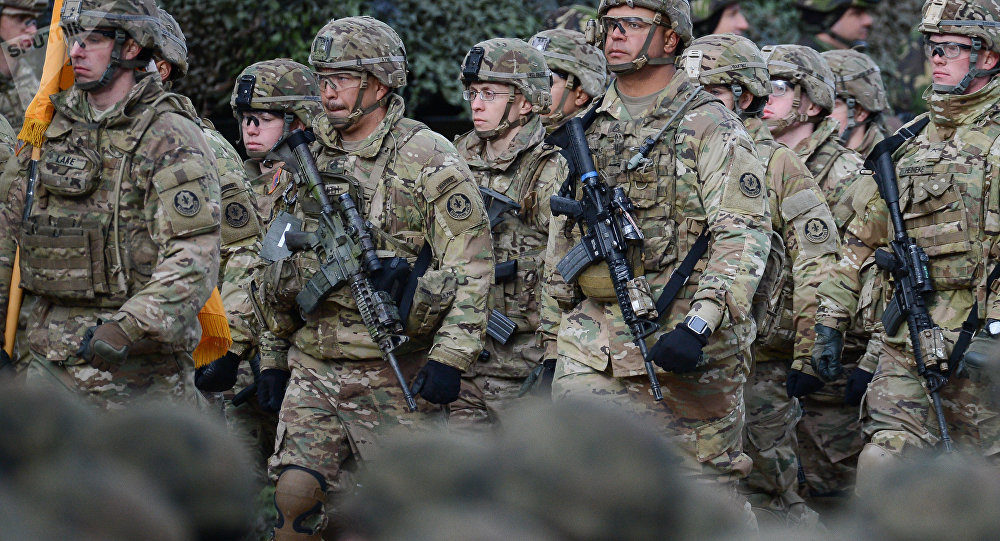Påstande om en militær trussel fra Rusland er et centralt påskud for meget af Polens udenrigspolitik og udgør en enorm stor del af den polske politiske debat. Referencer til en "russisk trussel" har understøttet de seneste adopterede programmer til at øge kapaciteten af den polske hær og "retfærdiggjort" det faktum at Polen allerede er defacto besat af amerikanske og NATO styrker under det påskud af forsvare "NATOs østlige flanke" fra "russisk aggression".
Polen tilbød også fornyligt at afsætte op til $2 billion til at have en amerikansk panserdivision stationeret på dets jord. Dette er et mærkeligt faktum i betragtning af det normalt er det udenlandske militær som påtager sig omkostninger tilknyttet opretholdelsen af besættelsesstyrkerne.
Kommentar: Denne artikel er delvis oversat til dansk af Sott.net fra: Poland's former PM admits concerns over Russian military aggression make no sense
For its part, Moscow has repeatedly stated that Russia will never attack any NATO country. According to Russian Foreign Minister Sergei Lavrov, NATO is aware that the Russians have no plans to attack anyone, but is taking advantage of such a pretext to position more military equipment and battalions near Russia's border.
It is in this context that the remarks of Poland's former Prime Minister in a recent interview with Sputnik are so shocking. "I believe that Russia will not invade any of the NATO states. None of the alliance countries is threatened by a Russian aggression, since aggression against Lithuania, Latvia, Estonia or Poland would mean a war with all of NATO and, as result, a third world war, that is, the destruction of the whole world," the ex-PM argued.
"Nobody will dare to do it, either in Moscow, or in Washington or Brussels," Miller added.
Miller also questioned the logic behind such allegations concerning Poland: "There are no territorial disputes between Poland and Russia. In Poland, there is no Russian minority that Russia would like to support. Poland has nothing, in terms of natural resources, that Russia does not have. And so why would Russia attack Poland?"
However, the US-led NATO alliance continues to pressure Russia by moving armed forces towards its border, and Poland continues to play the role of the main beachhead for US-NATO forces and warmongering in Europe.
Moreover, comments such as Miller's are increasingly dangerous in "NATO's Eastern Flank." In May 2016, the Polish scholar and activist Mateusz Piskorski was imprisoned after he warned that the arrival of US and NATO troops in Poland would entail political repression against dissidents who speak out against aggravating relations with Russia.
In the bigger picture, the US and NATO's troop movements in Poland are an attempt to ensnare Russia, which has reemerged as a Great Power and is daring to protect its citizens and interests abroad, most significantly in Donbass, Crimea, South Ossetia and Syria. The US has failed in operations against all of these states, while Russia has been successful in protecting its civilians and interests.
Comments such as Miller's offer a glimpse into the precarious situation of states such as Poland which go along with NATO's dangerous advance on Russia.




Læserkommentarer
dig vores Nyhedsbrev